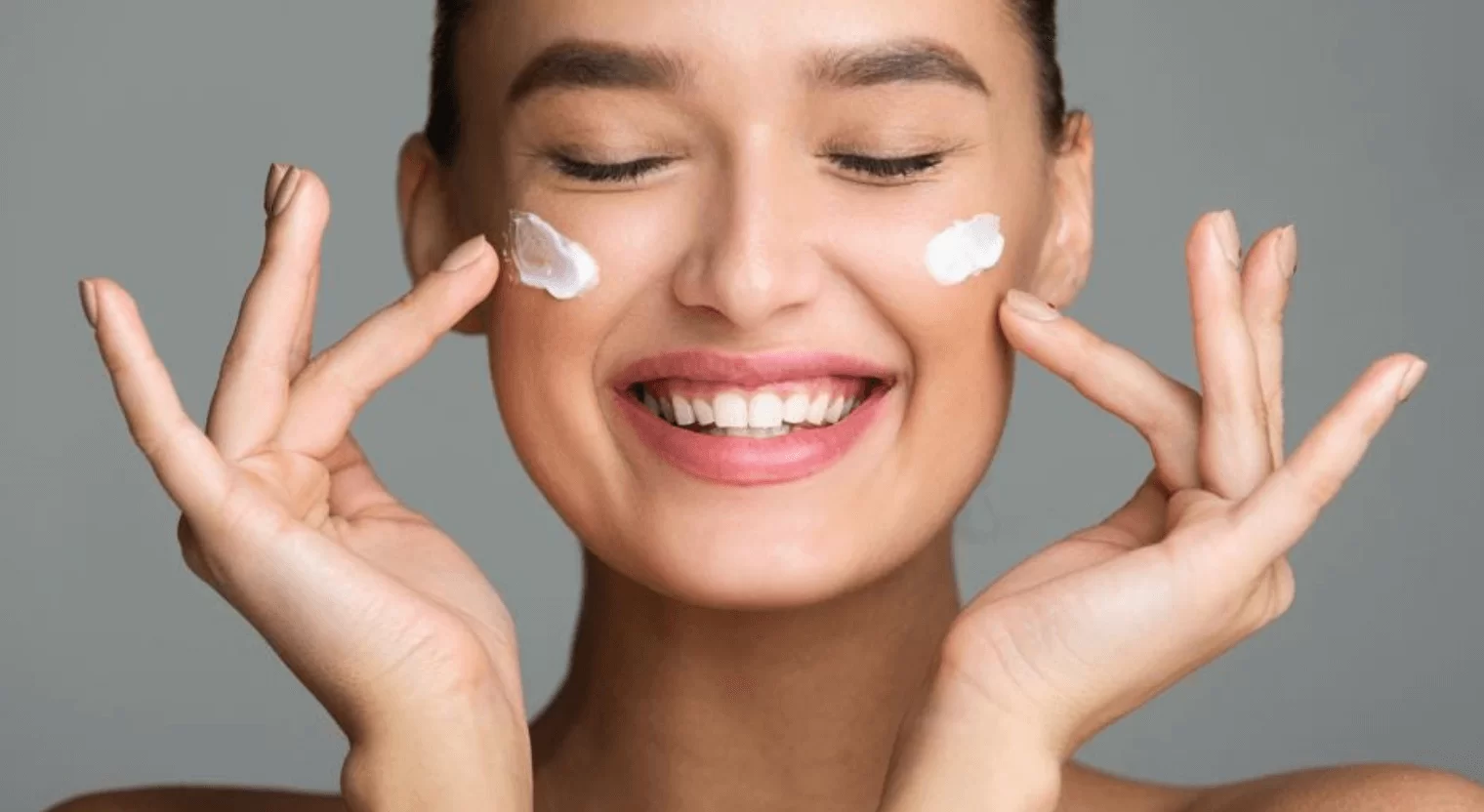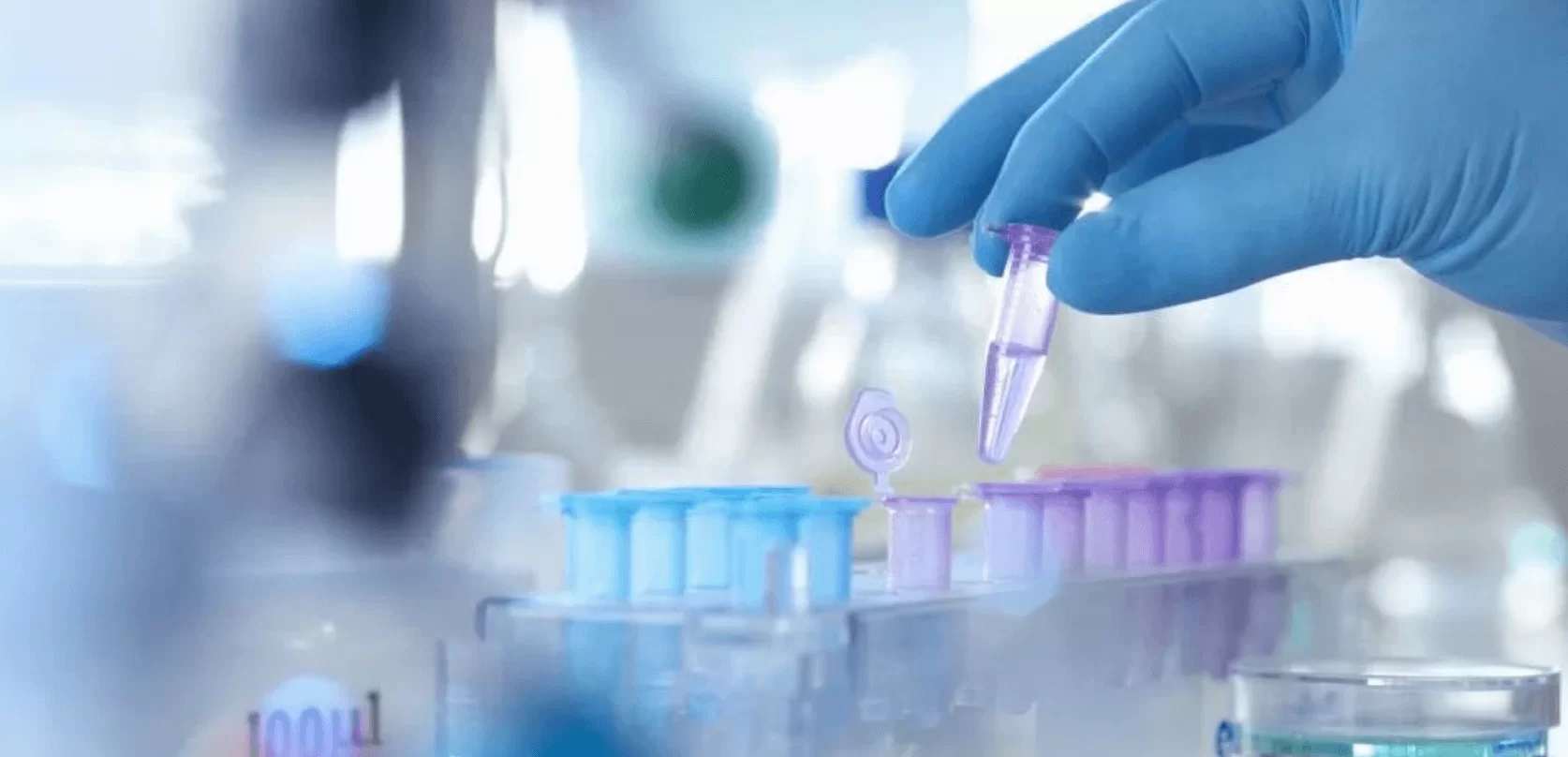
DMSO and Collagen: Can It Really Boost Skin and Joint Health?
Why Collagen and DMSO Get Linked
Collagen is the body’s most abundant protein — it keeps skin firm, joints flexible, and connective tissue strong. As we age, collagen production naturally declines, leading to wrinkles, sagging skin, and stiffer joints.
Some people believe DMSO might enhance collagen repair because of its deep tissue penetration and anti-inflammatory properties. But what does the science say?
🔬 Research Roundup
-
Wound healing studies: A handful of older animal and lab studies suggested DMSO might support collagen formation in healing tissues by reducing inflammation and oxidative stress.
-
Joint health: Collagen breakdown is central to arthritis. Some researchers theorized that DMSO’s ability to reduce free radicals could indirectly protect collagen, but clinical trials remain scarce.
-
Skin health: There are claims DMSO helps topical compounds reach collagen-rich layers of skin, but no robust studies prove it regenerates collagen directly.
👉 The evidence is preliminary and indirect — most modern dermatology research relies on collagen peptides, vitamin C, or retinoids rather than DMSO.
🧴 Dermatologist’s Perspective
From a dermatologist’s standpoint:
-
DMSO is not a proven collagen booster.
-
At best, it may reduce inflammation in surrounding tissues, which could create a better environment for collagen repair.
-
It is not a replacement for proven methods like nutrition, sun protection, or medical treatments such as microneedling, retinoids, or laser therapies.
Their bottom line would be: “DMSO might assist in skin healing indirectly, but it is not a collagen therapy.”
🦴 Orthopedic & Joint Health Angle
For joints, collagen plays a key role in cartilage strength. DMSO’s potential benefits for arthritis (covered in the last blog) may overlap here:
-
By lowering oxidative stress, it could help preserve existing collagen.
-
But no clinical data shows it rebuilds lost cartilage or stimulates new collagen production.
🌀 Holistic & TCM Context
In traditional Chinese medicine, connective tissue strength is linked to “kidney essence” and overall vitality. While DMSO itself isn’t part of TCM, its reputation for penetrating deep into tissues resonates with the idea of supporting the body’s “foundation.”
This is why some people in integrative circles view DMSO as a potential “collagen protector,” even if science hasn’t fully confirmed it.
❌ Myths vs Facts
-
Myth: DMSO directly rebuilds collagen.
-
Fact: No evidence supports this claim. It may help the environment for healing, but not collagen synthesis itself.
-
-
Myth: DMSO is a skincare anti-aging secret.
-
Fact: Dermatologists rely on clinically proven agents (retinoids, vitamin C, peptides), not DMSO.
-
-
Myth: DMSO can regrow cartilage.
-
Fact: No clinical trials show this — at best, it may reduce inflammation around joints.
-
⚖️ Safety Notes
-
Topical only: Use carefully and avoid mixing with unknown creams or serums — DMSO carries other chemicals directly into the bloodstream.
-
Skin irritation: Possible redness, dryness, or garlic-like odor.
-
Not cosmetic-approved: DMSO is not a regulated skincare ingredient.
✨ The Bigger Picture
DMSO and collagen often get linked because people want deeper solutions for aging skin and joint pain. While it may play a role in reducing inflammation and supporting healing environments, there’s no proof it directly stimulates collagen production.
For now, it’s best viewed as a supporting player, not a headline act, when it comes to collagen health.
🔗 Related Reading
-
Related: DMSO and Scars & Skin Healing
-
Related: DMSO and Arthritis
-
Foundation: What is DMSO and How Does It Work?




 DMSO and MSM: A Powerful Duo for Pain and Inflammation?
DMSO and MSM: A Powerful Duo for Pain and Inflammation?
 DMSO and Cancer: What Does the Research Really Say?
DMSO and Cancer: What Does the Research Really Say?













.webp)